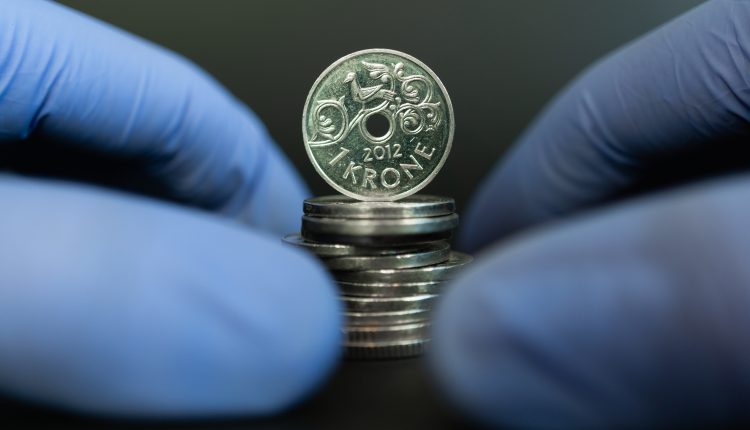
Do It Like Denmark – How We Can Prevent a Mental Health and Economic Catastrophe
Sharing is caring. A beautiful expression that sadly doesn’t always express itself when there isn’t enough to go around. Have you ever watched children play in a sandbox, where there are more diggers than digging toys? Or the hockey team who shows up at the pub, ready to recount their heroics – watch how they fight over the last chicken wing. Humans get very comfortable with their entitlements and very territorial when someone tries to tear them away. The only exception is when we press against a wall to the point of backs breaking. The Great Depression and Great Wars, when Mother Nature wields her might, words like ‘sacrifice’, ‘sharing’, and ‘each doing their part’, are what define us and help to carry the day.
Today, we are being pressed beyond breaking point by Mother Nature in the form of a pandemic and an economic catastrophe that is impossible to model. Not only is the respiratory health of our citizens at risk, so is there mental health fuelled by fear, uncertainty, and the inconsistency of messages from our political leaders.
Our decade long playbook of stimulus, cheap money, share buybacks, and an inflated stock market, have left our balance sheets weakened and our armory empty.
So what can be done?
We need to shed our arrogance, break down our bipartisan walls, listen and act on the advice of our medical experts, and model the strategies that other countries are deploying.
One I am intrigued by is what Denmark is doing. They are putting their economy in the freezer but keeping their workforce and businesses from catching a cold.
Privately-held businesses are being encouraged not to lay off any workers. For the next 12 weeks, Denmark will pay 75% of the workers’ salary for doing nothing but staying in isolation. Furthermore, they will guarantee new loans to these same businesses to cover their expenses. A bold, dramatic and expensive move that offers their country an opportunity to preserve their status quo, to keep an organization and their relationship with their workers beating and intact, and to have the first-mover of an economy ready to roar when this virus passes. To fund a similar program in the United States for 12 weeks could cost $2.5 trillion.
Denmark has a substantial advantage over Canada and the United States to make these moves. Their balance sheet is stronger, including a budget surplus, and their citizens have healthy savings. Denmark has saved in good times while we have spent it.
Denmark’s citizens might be in isolation but are also mentally fit as they have the security of their job to return to and 75% of their income guaranteed. It’s a haircut, but one that most can afford.
Denmark’s strategy works on so many fronts. Still, it might not work for the United States and the Canadian government, who don’t have the same financial ability to manoeuver unless the citizens and businesses that are still working share the cost.
What if anyone who is still getting paid, except for health care and essential services, also agrees to have a haircut and take only 75% of their income for the next 12 weeks? What if 25% of the available lines of credit for healthier businesses, or their cash on hand, becomes guaranteed for new loans for businesses to stay afloat?
This capital can flow into ensuring that the health of our workers and our private businesses stay intact and that our economy is ready to roar when this virus passes.
And all of you who are in the public and academic sector, the same intent applies. Do your part to keep the government or institution that employs you alive, and the pension you cherish intact.
Sharing is not only caring; it is a matter of surviving as the fittest.
Tony Chapman hosts the podcast Chatter that Matters and is a daily contributor to the conversation in mass and new media.




